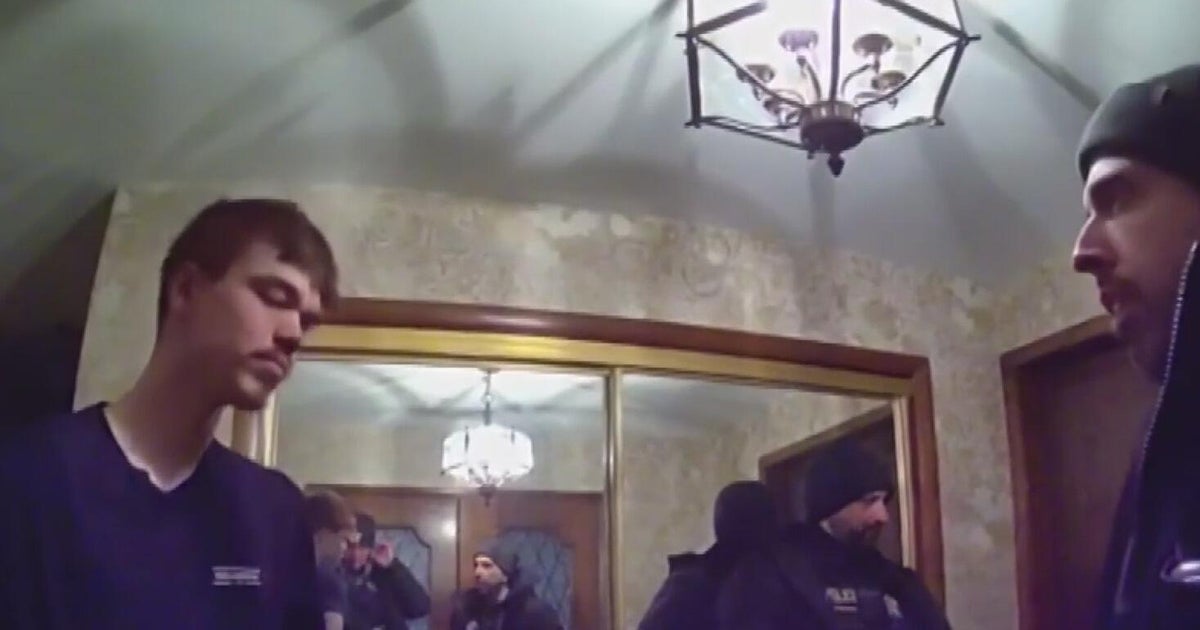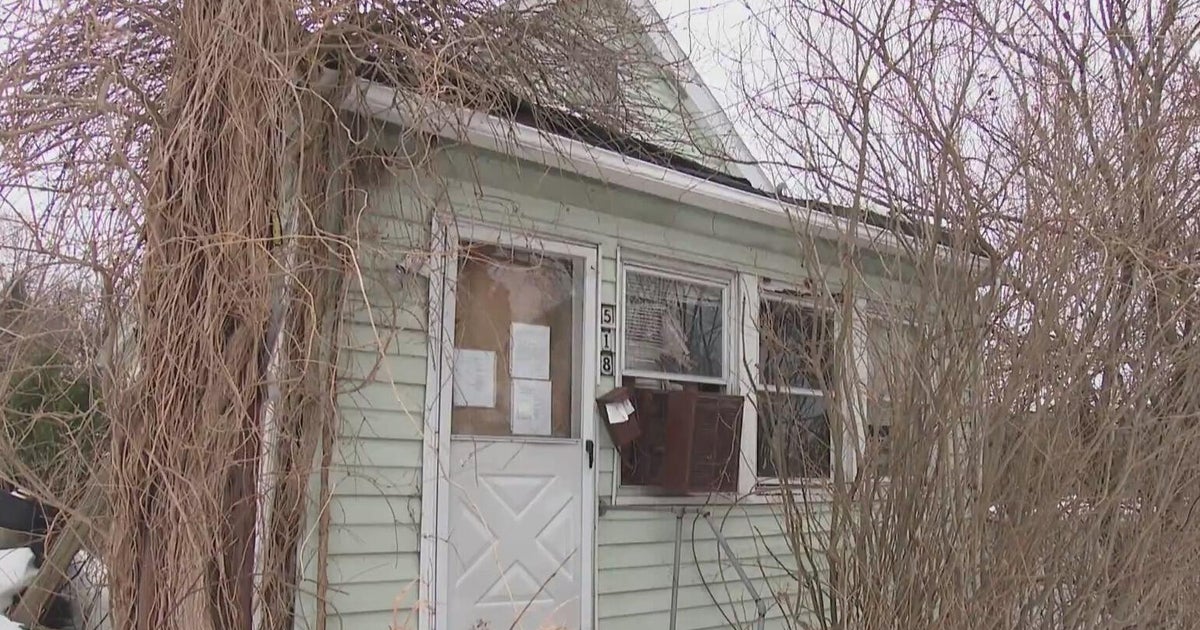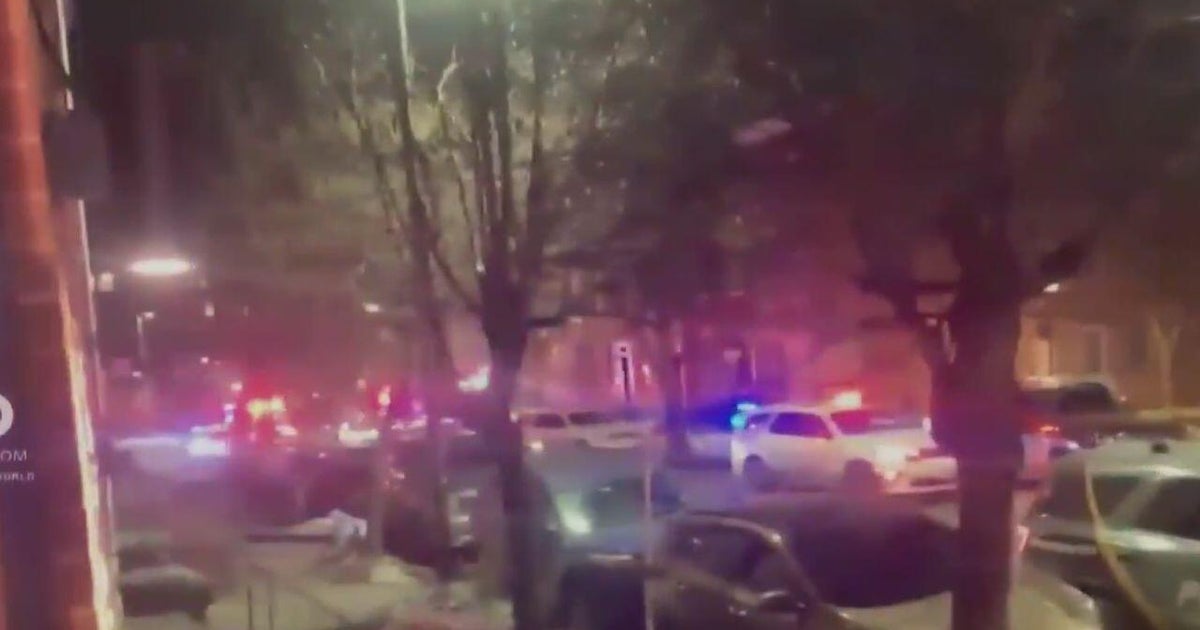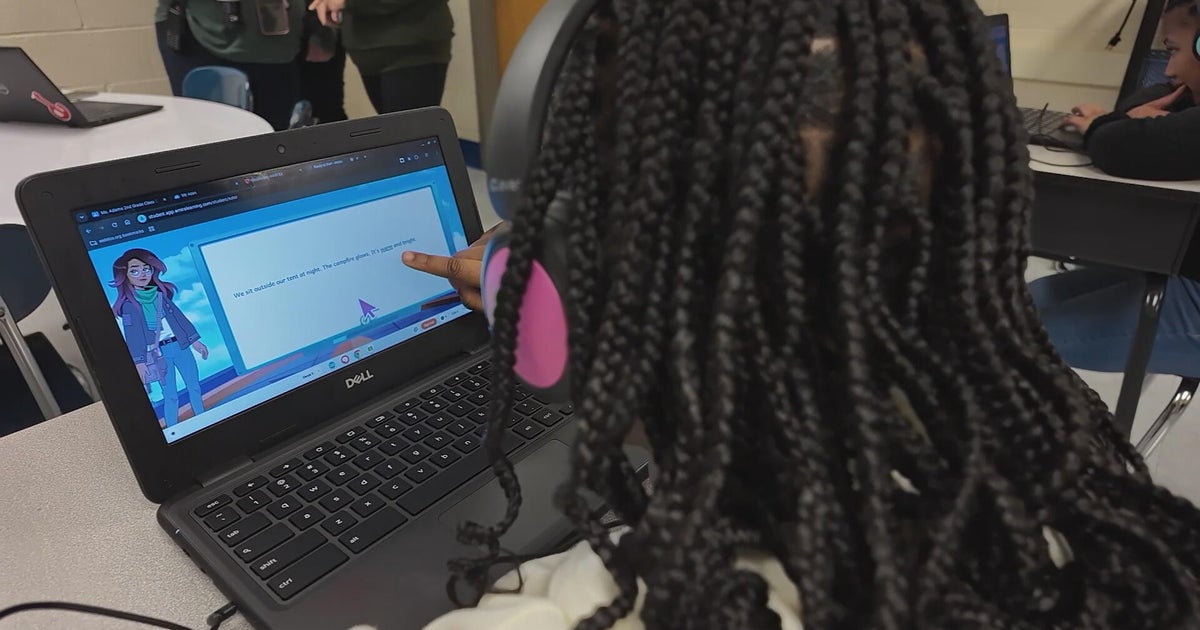Detroit police expand CIT program, explores non-lethal tools
(CBS DETROIT) - The Detroit Police Department is beefing up its resources when dealing with people experiencing a mental health crisis. This comes as they explore other tools to prevent the use of deadly force during such encounters.
One of those tools is the Bolawrap, a handheld device that shoots a cord around a person's arms or legs, restraining them at a distance. The manufacturer's representatives demonstrated the product during a news conference Wednesday.
Another piece of equipment DPD is considering is a small robotic camera that they can toss into a scene.
"Most times, we find people in crisis only want to interact with one person. But we can't put that person close to them enough to have that interaction. And so there's a bridge there with this new camera," Detroit Police Chief James White said.
This comes two days after top brass announced Detroit police officers would use two other pieces of equipment in some instances. One fires pepper balls; the other foam rounds.
"We're not asking officers to bring a rubber bullet to a gunfight. That's completely unreasonable. But what we are saying is, if there's an opportunity to reduce the likelihood of death and violence in the encounter, certainly we want to take advantage of it," White said.
Chief White says his officers respond to about 17,000 calls each year involving mental health, which breaks down to about five dozen daily.
And so they're expanding their Crisis Intervention Team , or CIT for short.
Although more than 100 DPD officers are CIT-trained, there will now be 18 officers who will specifically handle calls that deal with mental health.
"The call takers will triage the calls; they will send it over if it's determined that this is a mental health nexus; it will be sent over to our behavioral health specialist that's embedded there," Captain Tonya Leonard-Gilbert with the Detroit Police Department said.
The goal is to have 30 CIT officers deployed citywide eventually.
"Our job is to make sure we take over the scene," CIT DPD Officer Marcus Harris told CBS Detroit. " We engage the person that's in crisis, build rapport, build a relationship."
Keeping in mind that the individuals they encounter may perceive their surroundings differently, the CIT officers are changing what they wear.
CBS Detroit: The CIT officers aren't wearing the traditional uniforms; they have a softer look to them. What's the thought process behind that?
Chief White: Well, the thought process is–this is training and going through the training with our partners at DWIHN (Detroit Wayne Integrated Health Network) is that sometimes those who are in crisis identify the uniform as somewhat antagonistic…and looking at a softer uniform, a softer approach is something we found could be a tool for de-escalation, and that's what we've done








